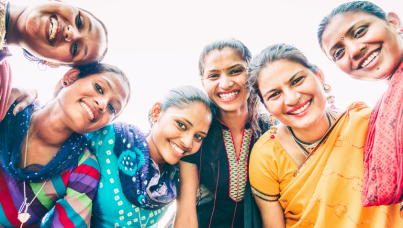Majority of people (including Indians) want borders closed as fear about COVID-19 escalates: Ipsos Global Survey
A majority of people across 12 nations, including India, think the borders of their country should be closed until the coronavirus outbreak is contained, according to the latest Ipsos survey.
In a survey of 12,000 people across 12 major countries from March 12 to 15, countries in the Asia-Pacific region are most supportive of border closures – led by India (79%) and Vietnam (78%) ̶ which is not surprising, given where the disease was first encountered.
More than 3 in 4 people in the world’s other hot spot, Italy (76%), are also in agreement of this drastic measure, followed by those in China (73%), and Russia (70%).
“Defeating the disease is pertinent and these temporary drastic measures, have found support among most of the urban Indians polled. Also, since the pandemic has been spreading vastly, Indians too are fearing for their jobs and businesses,” says Amit Adarkar, CEO, Ipsos India.

A significant driver in the growth for concern about COVID-19 is that more of us now believe someone close to us will be infected by the virus. The majority of people in Vietnam (67%), the United Kingdom (57%), India, Australia and Japan (51%) think someone close to them will get the coronavirus.
Meanwhile, the countries that saw the biggest jump in this measure from a previous poll conducted on February 28-29 are all developed markets – the U.K. (+31 points), Australia (+29), and Canada (+28). India was not covered in the previous round.

In addition to this, there’s been an increase of people who think their job is under threat as the pandemic spreads. There’s been a significant rise on this measure from previous polling done in Italy (63%, up 36 points) ̶ considering closures in its economy, followed by France (44%, up 14 points) and the U.K. (33%, up 13 points).

Overall, the perception of the threat the pandemic poses to a country has increased with a majority of people citing it as least as a high threat in all countries, except for in Canada (32%), Russia (37%), the U.K. (45%) and Australia (46%).



